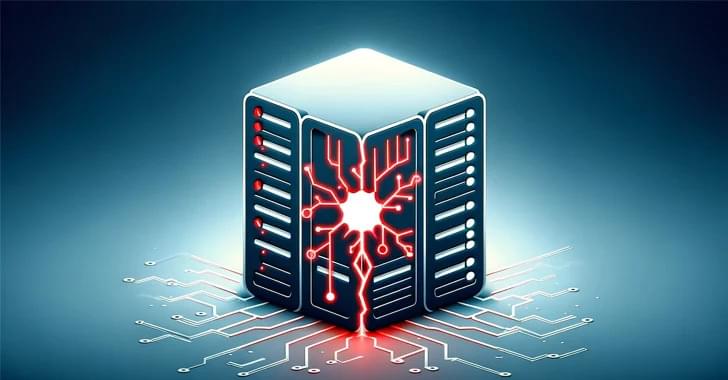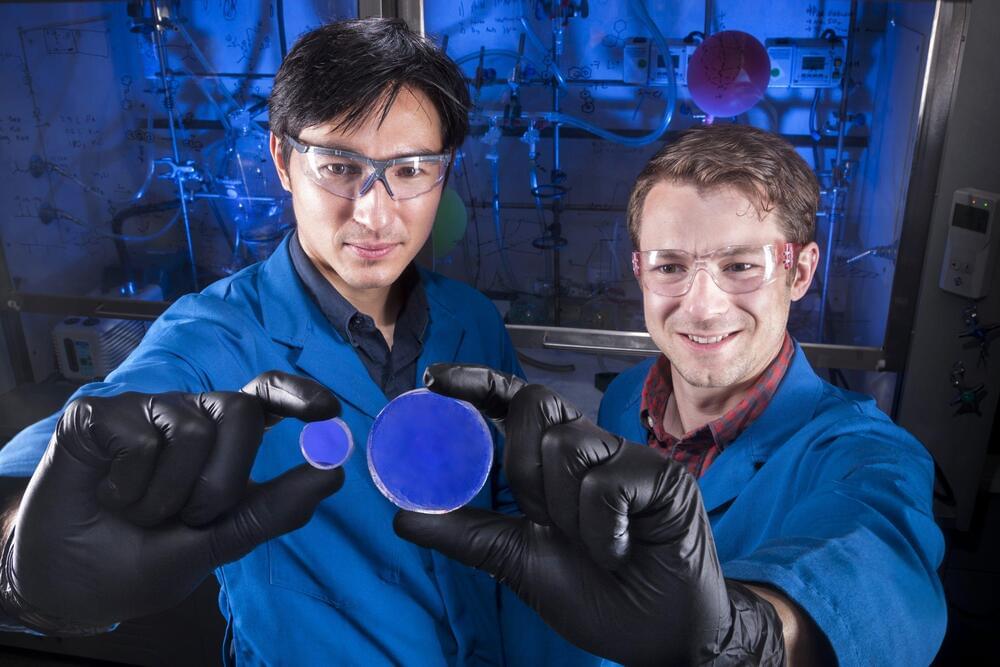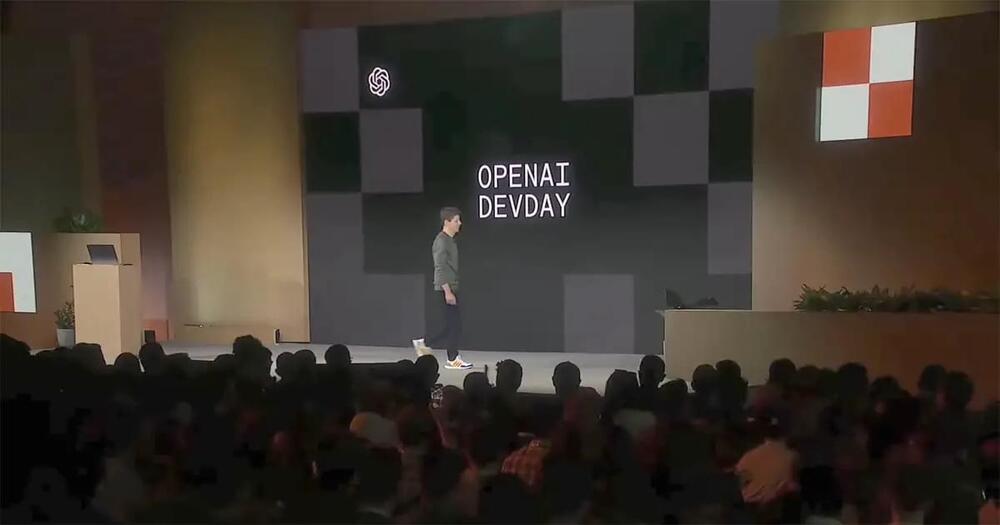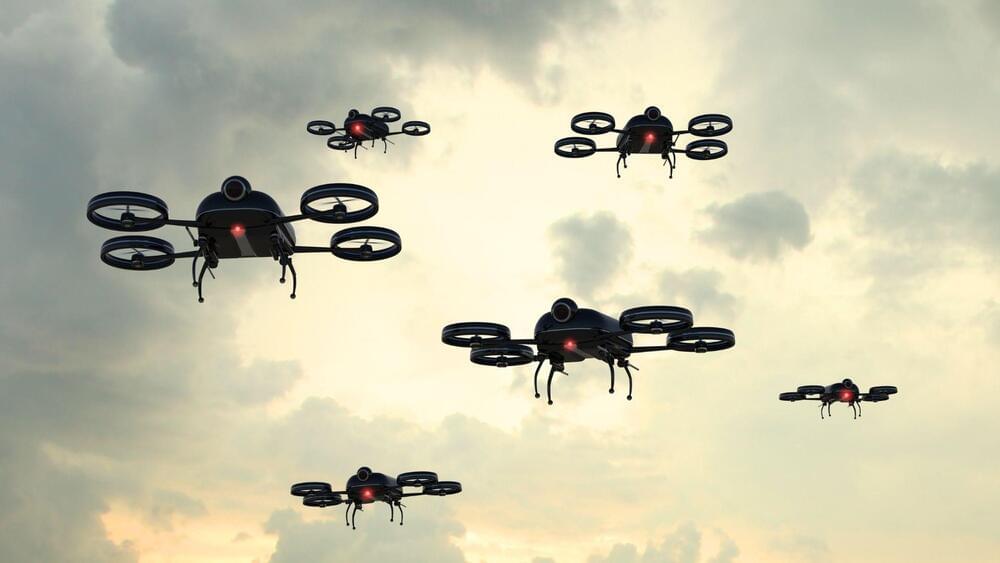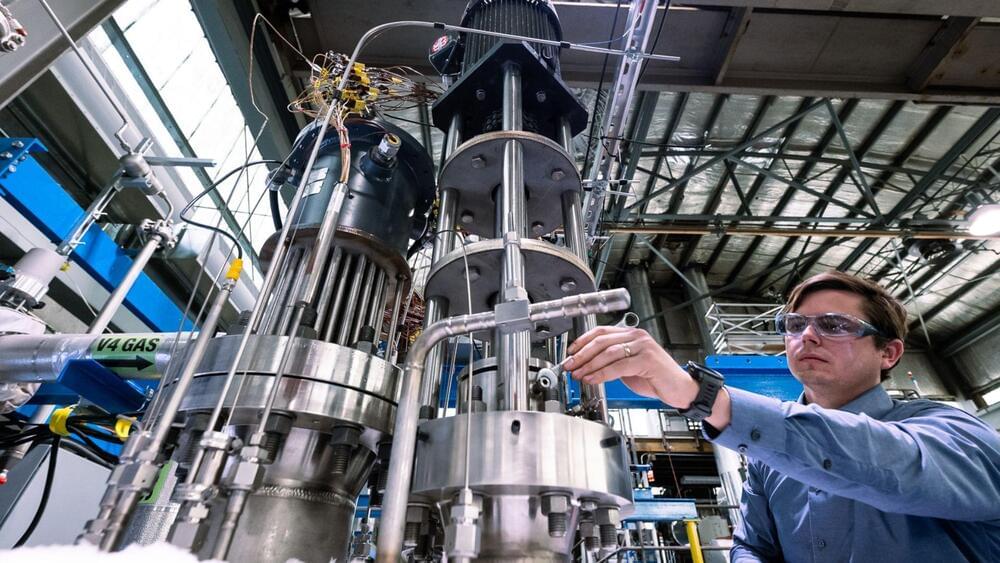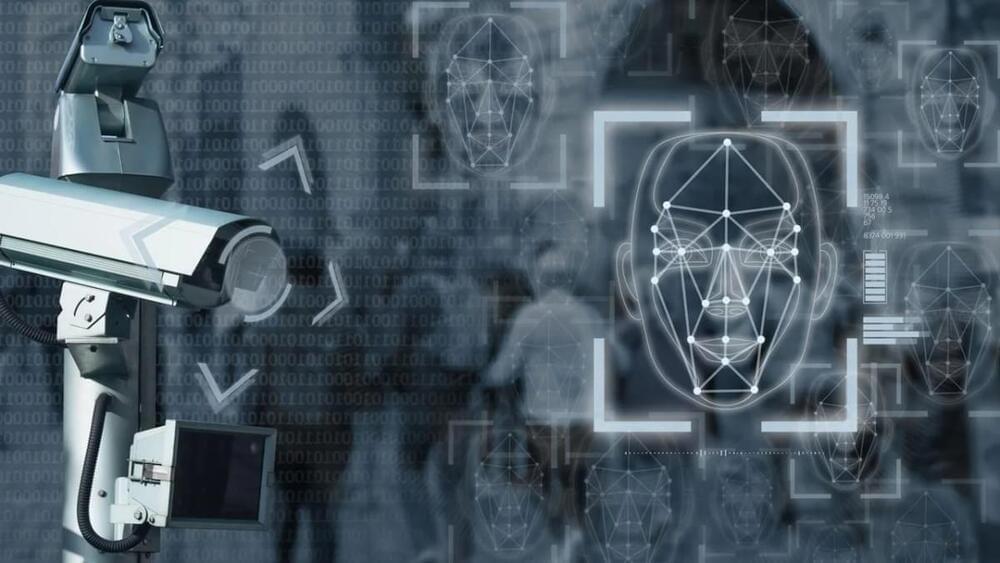In recent years, the field of artificial intelligence has witnessed remarkable advancements, with researchers exploring innovative ways to utilize existing technology in groundbreaking applications. One such intriguing concept is the use of WiFi routers as virtual cameras to map a home and detect the presence and locations of individuals, akin to an MRI machine. This revolutionary technology harnesses the power of AI algorithms and WiFi signals to create a unique, non-intrusive way of monitoring human presence within indoor spaces. In this article, we will delve into the workings of this technology, its potential capabilities, and the implications it may have on the future of smart homes and security.
The Foundation of WiFi Imaging: WiFi imaging, also known as radio frequency (RF) sensing, revolves around leveraging the signals emitted by WiFi routers. These signals interact with the surrounding environment, reflecting off objects and people within their range. AI algorithms then process the alterations in these signals to form an image of the indoor space, thus providing a representation of the occupants and their movements. Unlike traditional cameras, WiFi imaging is capable of penetrating walls and obstructions, making it particularly valuable for monitoring people without compromising their privacy.
AI Algorithms in WiFi Imaging: The heart of this technology lies in the powerful AI algorithms that interpret the fluctuations in WiFi signals and translate them into meaningful data. Machine learning techniques, such as neural networks, play a pivotal role in recognizing patterns, identifying individuals, and discerning between static objects and moving entities. As the AI model continuously learns from the WiFi data, it enhances its accuracy and adaptability, making it more proficient in detecting and tracking people over time.
